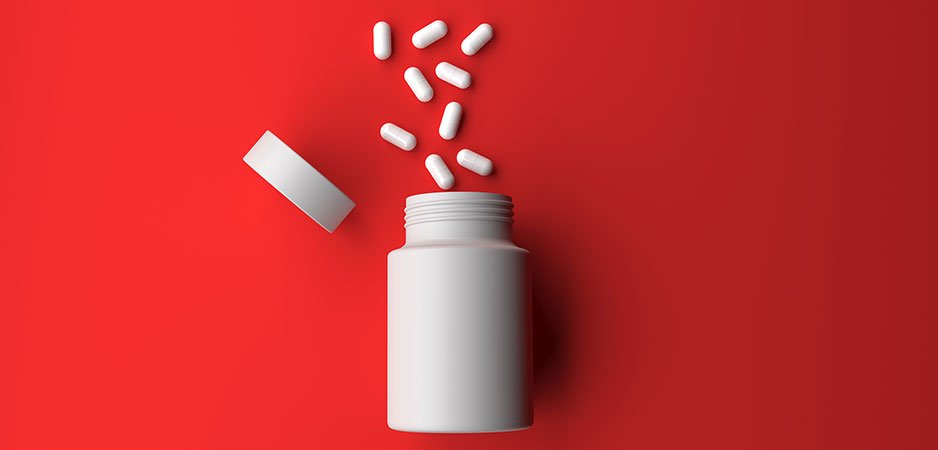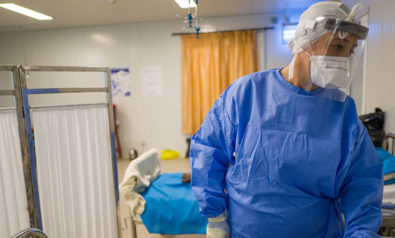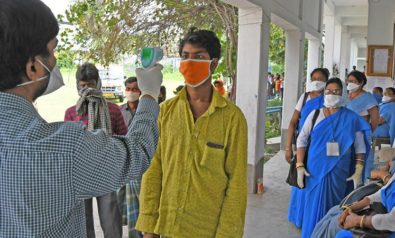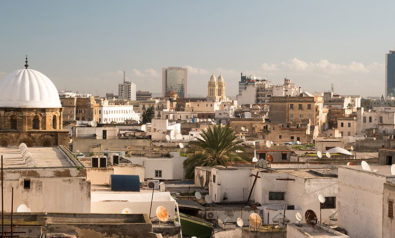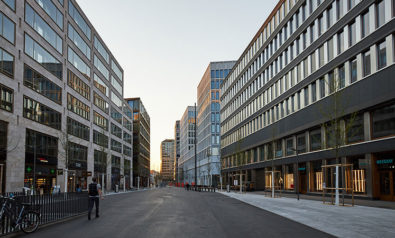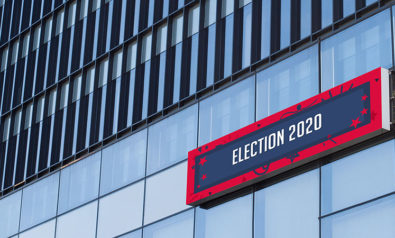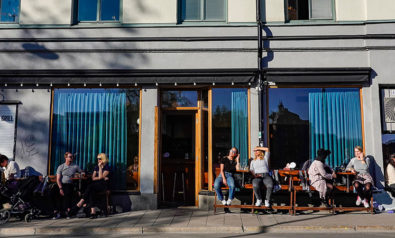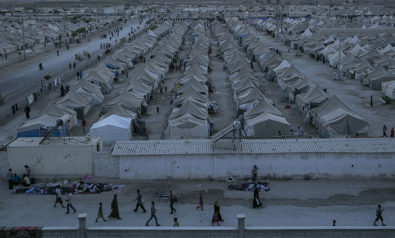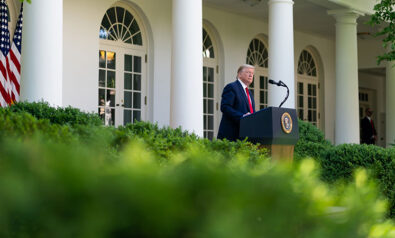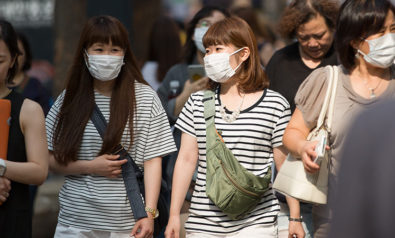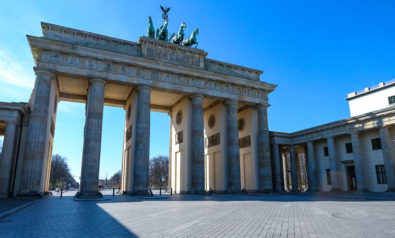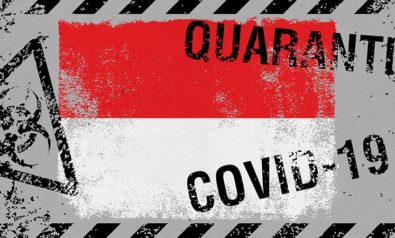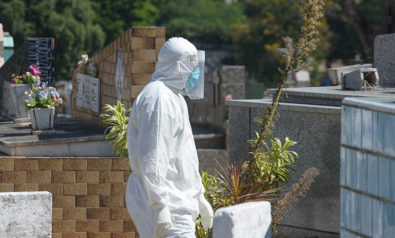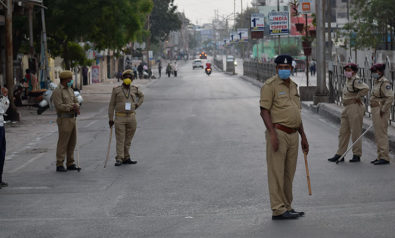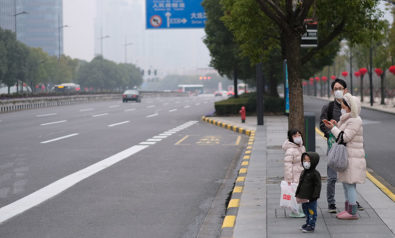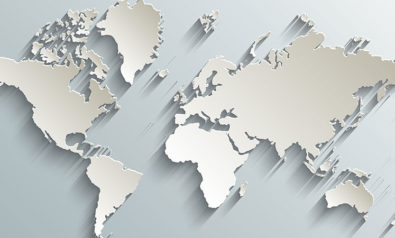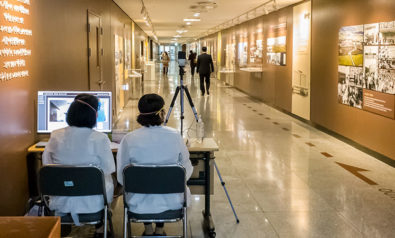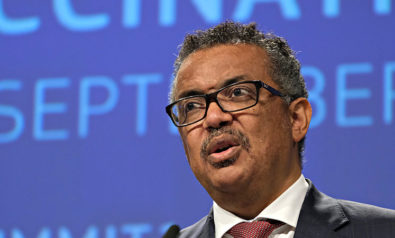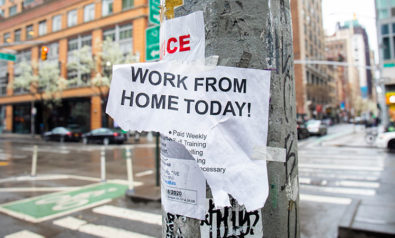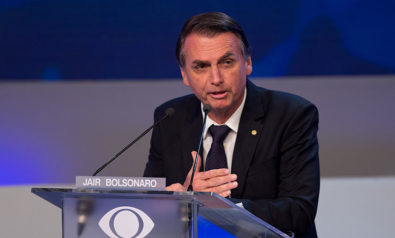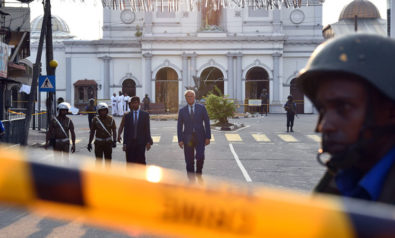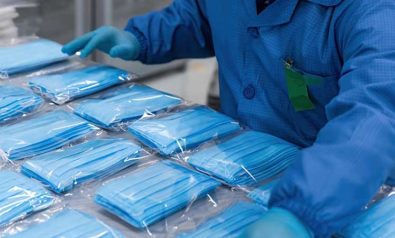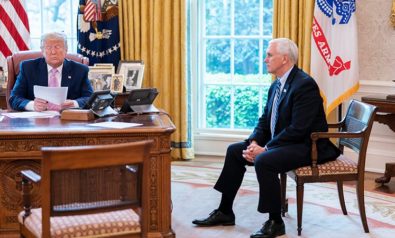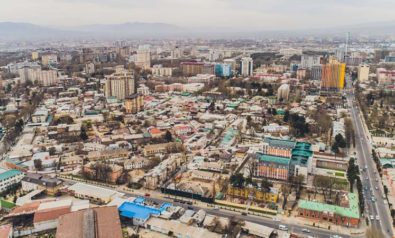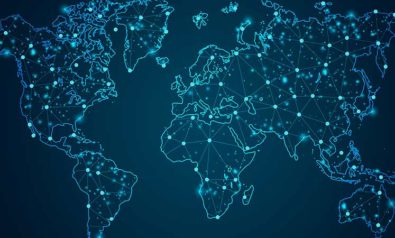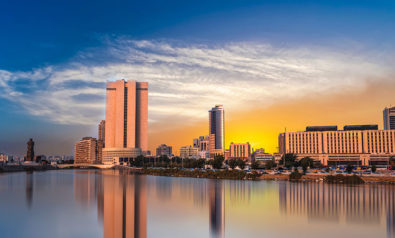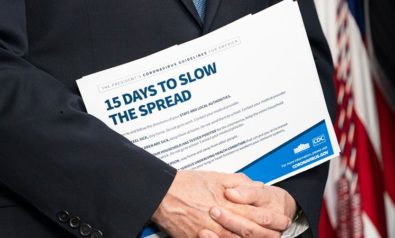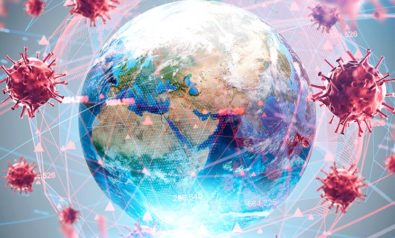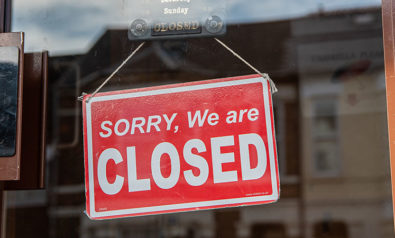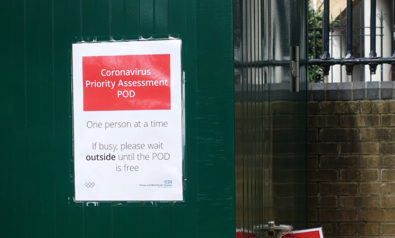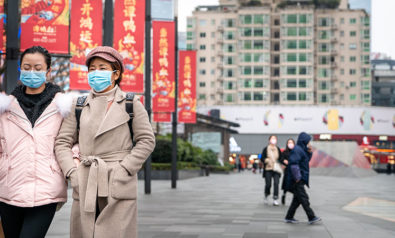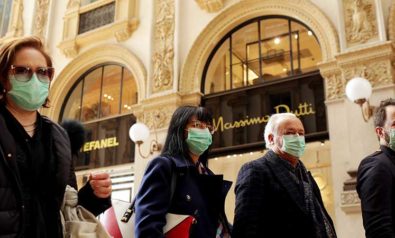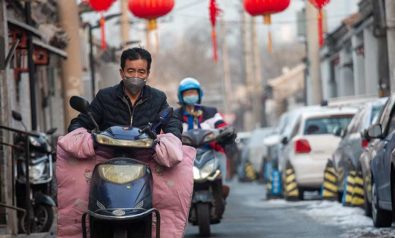Amid the debate surrounding COVID-19, the rhetoric around hydroxychloroquine (HCQ) in the United States and India is the best example of the populism of our times. Earlier on in the pandemic, anecdotal evidence from France led US President Donald Trump to proclaim that all the patients should try HCQ against the coronavirus. In a matter of days, Trump had called up India’s Prime Minister Narendra Modi, a large shipment of HCQ was on the way from India to the US, and both the leaders were congratulating each other for a job well done.
However, results from a study (not yet peer-reviewed) funded by the National Institutes of Health in the United States, made public last week, indicate that the drug has no benefit for COVID-19 patients and might in fact increase the mortality rate. More data and rigorous reviews are needed to solidify these claims but, based on popular opinion across the country, India has already rescued the world by supplying the miracle drug.
Since the 2014 national election campaign in India, misplaced jingoism, fake news and brainwashing the electorate through social media have become the norm. India will pay dearly for the misinformation the ruling Bharatiya Janata Party’s WhatsApp warriors spread about minorities and the country’s fiscal health, and the willful ignorance of facts by voters. When top executives of start-ups — poster boys of the new, innovative Indian economy — begin chest-thumping about HCQ, it is worth examining the global pharmaceutical landscape, India’s place in it and the peculiar circumstances that have brought this age-old drug back into the spotlight.
A Long Way to Go
HCQ is a synthetic and enhanced version of quinine, a treatment for malaria known since the 1600s. India did not play any significant role in identifying the tree, biochemically isolating the active ingredient from the bark, inventing its synthetic version or patenting the first HCQ tablets. These breakthroughs happened in colonial-era Europe and the United States.
While India has a rich tradition of Ayurveda-based alternative medicine, the mechanism of action and efficacy of most such treatments remain unknown. Active ingredients in centuries-old remedies like turmeric and neem are being established, and they could become effective treatments for various ailments. Beyond that, while Indians have made a mark in the Western health-care arena, India’s contribution to modern medicine remains negligible. With increased investments in basic science and health-care start-ups, India might lead the world in drug development in a few decades. There is a long way to go.
On average, Western pharma entities collectively spend an estimated $1 billion to $2.6 billion to develop a new drug, the cost increasing by 8.5% annually. That includes molecular-level research, biochemical stability and manufacturing studies, risk and efficacy testing on animals, and the three rounds of human testing — to recommend dosage — mandated by the Food and Drug Administration (FDA). The majority of human tests fail, which explains the staggering cost.
When a new drug is launched, pharma companies carry 20-year patents for the process and the product, ensuring that no other company can manufacture the drug. It allows them to recoup their investments. Once the patents expire, others can manufacture cheaper generic versions. Until 1999, Indian laws allowed process patents but had no product patents. Within months of Western countries launching new medicines, Indian companies could chemically analyze them, find easier or cheaper ways to manufacture them and sell them to poorer countries for pennies to the dollar.
While Western companies were earning through huge profit margins in countries with product patents, Indian counterparts were earning through huge volumes in the developing world. These worlds collided during the 1990s HIV-AIDS crisis. With higher literacy, effective public messaging and purchasing power, the West rapidly controlled the spread of the disease. When it started spreading in developing countries, particularly in Africa, Indian companies started hurting the bottom line of their Western rivals by providing cheaper alternatives. In the ever-evolving global patent regime, there are several ethical gray areas.
Pharma giants often make minor changes in their drugs or their delivery mechanism to file new patents, a practice known as “evergreening” that the Indian courts are successfully fighting against. On the other hand, manufacturers will sometimes relax patent protection rules in critical circumstances, like Medtronic has done with ventilator designs to help others manufacture cheaper versions during the ongoing coronavirus pandemic.
Back in the 1990s, a global compromise was reached. While cheaper Indian drugs were used — most notably by Bill Clinton’s administration — to fight HIV in Africa, India was forced to enact product patents in the pharma industry. Since then, India has kept manufacturing generics but has developed very few, if any, new drugs. With a GDP of $2.5 trillion, per-capita income of around $2,000, excessive bureaucracy, paltry investment in basic sciences, lack of risk appetite among pharma and venture capital firms, and non-availability of biotech talent, India is not conducive for such capital-intensive efforts.
Tactical Victories
That brings us to the HCQ saga. The drug has been off-patent for decades. While it is effective for the treatment of rheumatoid arthritis and lupus, its primary target — malaria — was eliminated in the developed world decades ago. The West stopped manufacturing large quantities of HCQ because margins and volumes were low. India still manufactures it in large quantities because it is still battling this old enemy.
Donald Trump arguing “What do you have to lose?” to promote HCQ as a COVID-19 therapy flies in the face of doctors’ principle of “First, do no harm.” It has well-documented, occasionally severe, cardiac side effects. Although not backed by rigorous testing, its prophylactic use by frontline health-care workers might protect them from infections. This prompted New York’s Governor Andrew Cuomo to place a large order with Indian manufacturers.
By then, the United States had already halted pharmaceutical exports, and the large US order prompted India to follow suit. When Trump dialed Modi to ask him to lift India’s export ban and process American HCQ orders, India had precious little leverage. (In a Freudian slip, Trump said as much in one of his press briefings.) India reversed the export ban and processed the orders from the US and several other countries. Indian diplomats have squeezed out a tweet from Trump congratulating Modi and secured an extension of expiring H1B visas for Indian expats. They seem to be working behind the scenes for a dollar-swap line to stop the slide of the underperforming rupee.
These are small but good tactical victories for India, which routinely punches above its weight in international affairs. India’s FDA-approved facilities to mass-produce HCQ and the ability to ramp it up on short notice are laudable, but after the latest clinical trials demonstrating that it does not benefit COVID-19 patients, even Trump has backtracked on his earlier claims. Saying that India is rescuing the United States, let alone the world, by supplying HCQ trivializes the issue. India is still recovering from colonial-era socioeconomic setbacks. It needs time to invest in education, world-class research and development infrastructure, and build a scientific culture.
However, that debate requires humility, which is in short supply in today’s populist and nationalist India. In his response to Trump, Modi has already tweeted that “India shall do everything possible to help humanity’s fight against Covid-19,” while his WhatsApp warriors have done their job of projecting India as the savior of the world.
The views expressed in this article are the author’s own and do not necessarily reflect Fair Observer’s editorial policy.
Support Fair Observer
We rely on your support for our independence, diversity and quality.
For more than 10 years, Fair Observer has been free, fair and independent. No billionaire owns us, no advertisers control us. We are a reader-supported nonprofit. Unlike many other publications, we keep our content free for readers regardless of where they live or whether they can afford to pay. We have no paywalls and no ads.
In the post-truth era of fake news, echo chambers and filter bubbles, we publish a plurality of perspectives from around the world. Anyone can publish with us, but everyone goes through a rigorous editorial process. So, you get fact-checked, well-reasoned content instead of noise.
We publish 2,500+ voices from 90+ countries. We also conduct education and training programs
on subjects ranging from digital media and journalism to writing and critical thinking. This
doesn’t come cheap. Servers, editors, trainers and web developers cost
money.
Please consider supporting us on a regular basis as a recurring donor or a
sustaining member.
Will you support FO’s journalism?
We rely on your support for our independence, diversity and quality.


